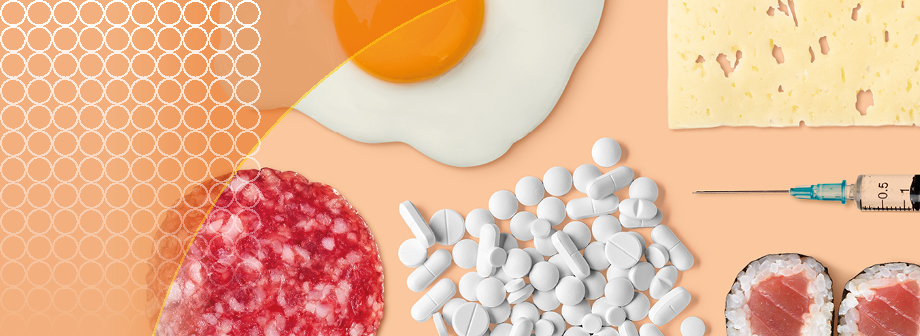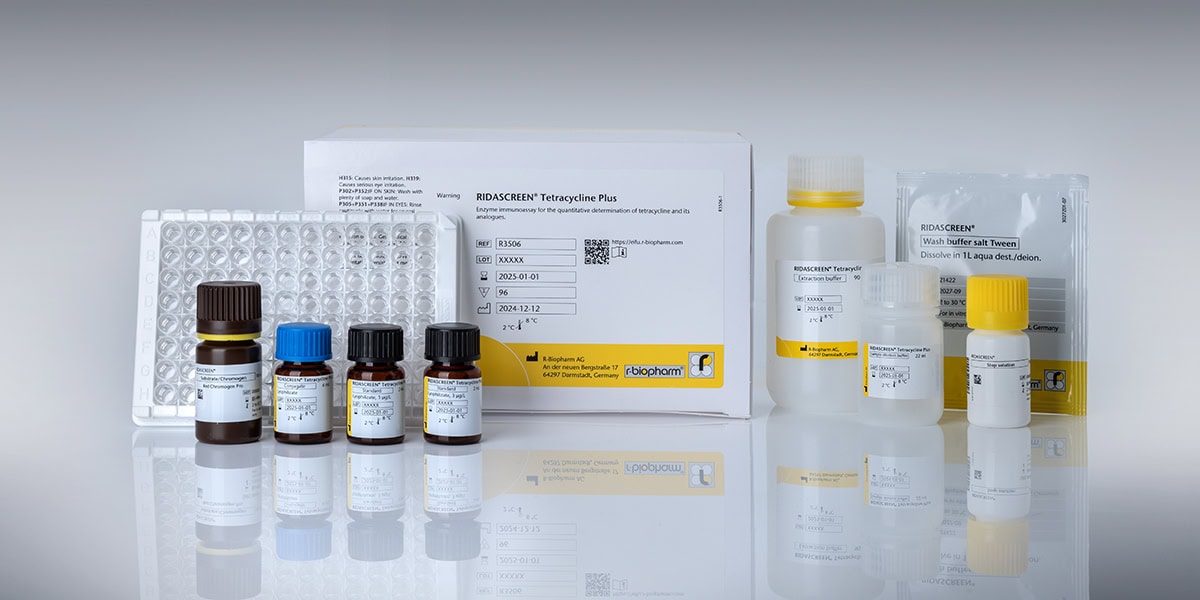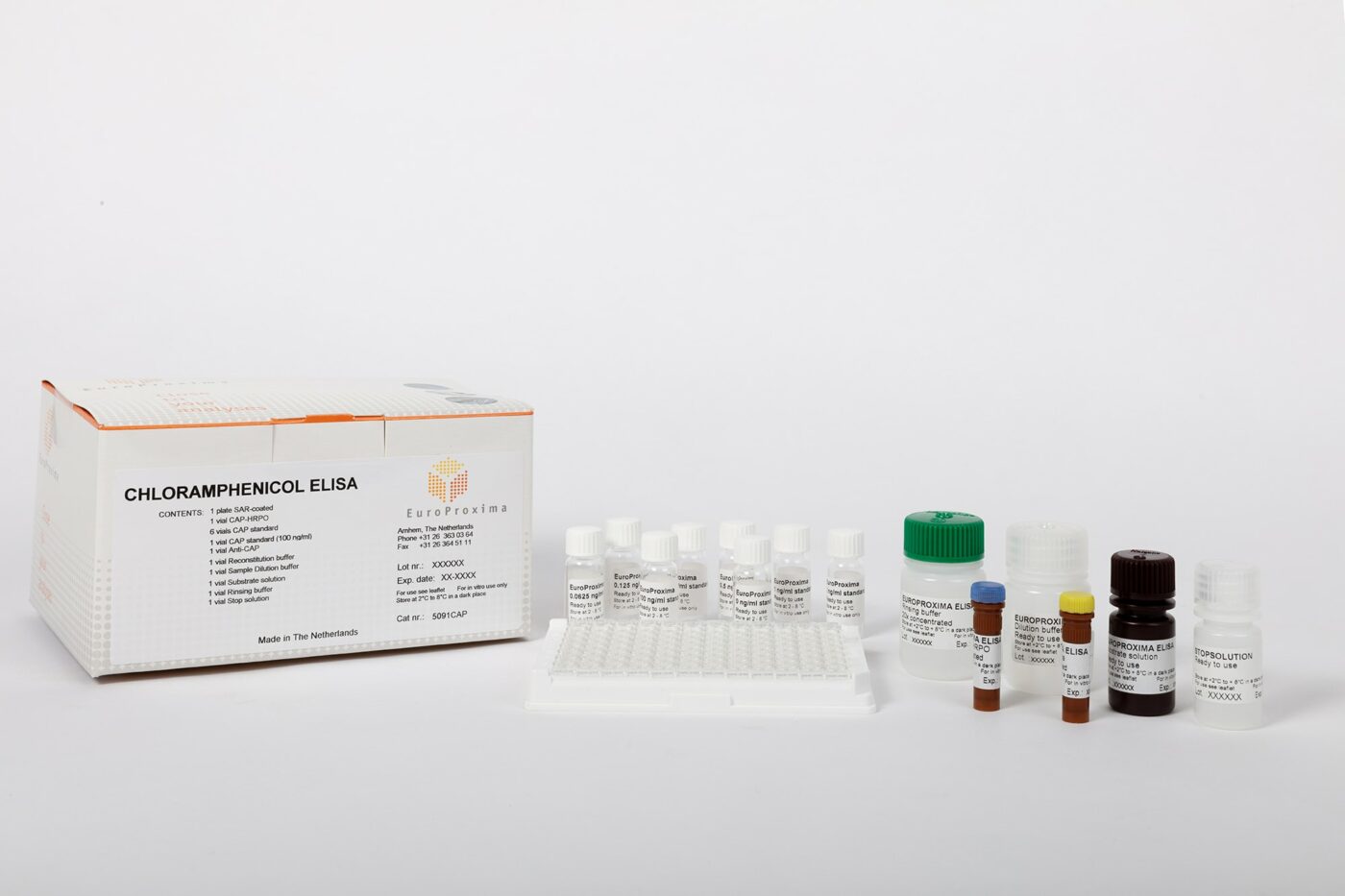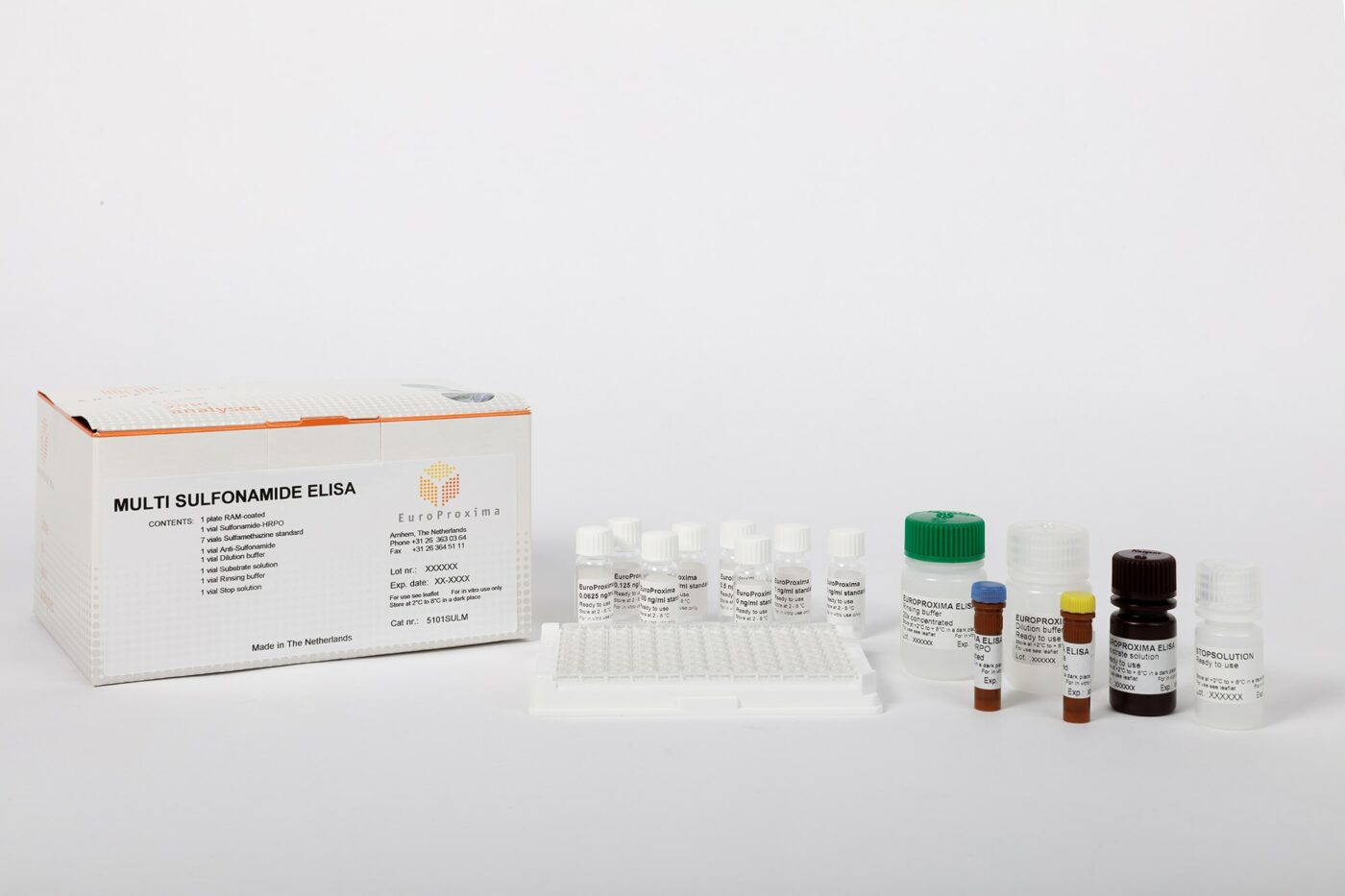
Recent news in Food & Feed Analysis
- Home
- /
- Antibiotic residues: How contaminated...
Antibiotic residues: How contaminated is our food?

When it comes to food safety, consumers in Germany worry most about antibiotic residues, as a current survey shows. Is it a legitimate concern? How great is the danger?
According to the current consumer survey Verbrauchermonitor by the German Federal Institute for Risk Assessment (BfR), consumers believe that their food is generally safe. However, the majority of people are concerned about antibiotic residues and resistances – even more than they worry about microplastcis, pesticide residues, glyphosate, mycotoxins or Salmonella. Indeed, antibiotics in the food chain have been a well-known issue for several years. In industrial animal husbandry, animals are often treated with antibiotics, which may result in residues in animal products if used incorrectly. Consumption of contaminated food is a health risk. And there are more problems, as Ronald Niemeijer explains in the video: https://www.youtube.com/watch?v=uSpu-RyNjzUSo how many antibiotics are there in our food? None, as long as the drug was used correctly in livestock and the statutory waiting period was observed before the animals were slaughtered. Antibiotics form residues only if used incorrectly or excessively. Potentially contaminated foods include fish and seafood, meat, offal, milk, eggs and honey. However, foodstuffs of animal origin are carefully monitored and overall the food authorities only rarely encounter antibiotic residues in food. For example, the European rapid alert system for food and feed, RASFF, published 42 notifications about antibiotic residues in food in 2019. For comparison: Mycotoxins were responsible for 534 notifications in the same period, and Salmonella even triggered 811 notifications.[vc_line_chart x_values=”2010; 2011; 2012; 2013; 2014; 2015; 2016; 2017 ; 2018 ; 2019″ values=”%5B%7B%22title%22%3A%22RASFF%20notifications%20in%20connection%20with%20antibiotics%22%2C%22y_values%22%3A%2272%3B%2085%3B%2053%3B%2086%3B%2095%3B%2056%3B%2041%3B%2063%20%3B%2045%20%3B%2042%22%2C%22color%22%3A%22orange%22%7D%5D”]The main problem with antibiotics is not so much the presence of residues in food, but the development of resistances. Each use of antibiotics carries the risk that bacteria develop resistance to the drugs and subsequently become uncontrollable, particularly when it comes to multi-resistances. Thus, bacterial infections may no longer be treatable in future and often be fatal. Responsible use of antibiotics is therefore crucial – in veterinary as well as in human medicine.



